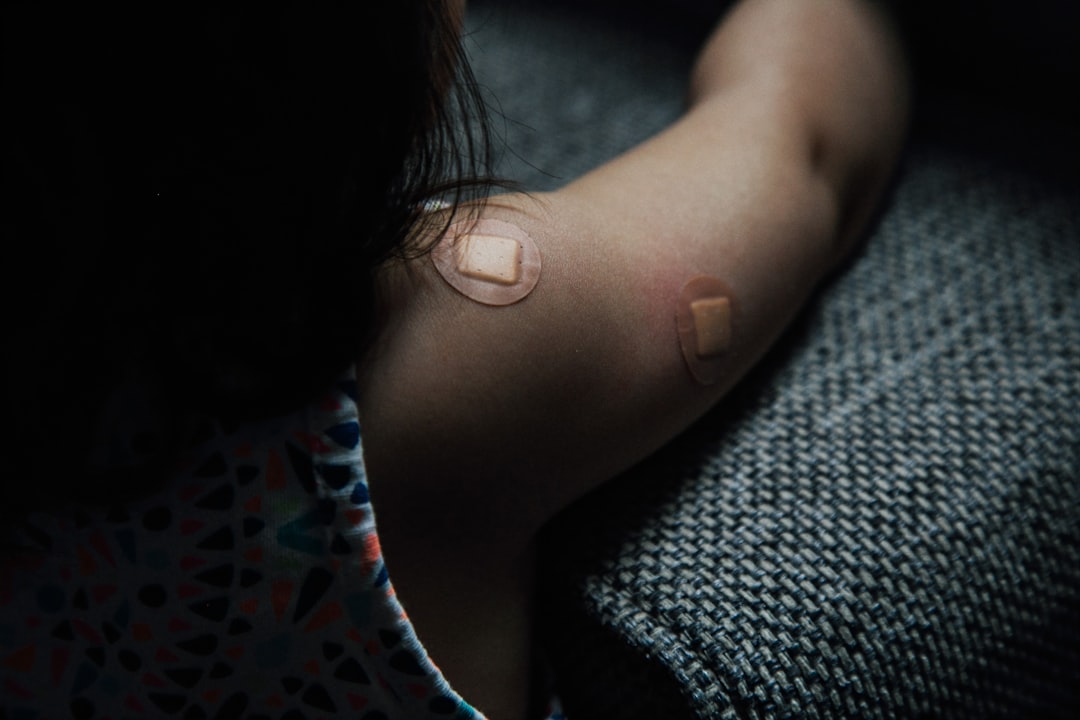[Disclaimer] This article is reconstructed based on information from external sources. Please verify the original source before referring to this content.
News Summary
The following content was published online. A translated summary is presented below. See the source for details.
Brazil’s Ministry of Health has begun distributing 35 million doses of influenza vaccines to all states in the Northeast, South, Midwest, and Southeast regions, with distribution expected to be completed by the end of April 2025. The first batch of 5.4 million doses is scheduled to arrive on Friday, March 21. The vaccination reinforcement campaign is planned to begin on April 7 for all target groups. The strategy will be maintained throughout the year, extending beyond seasonal campaigns and becoming integrated into the National Vaccination Calendar. Health Minister Alexandre Padilha supervised the initial delivery in Brasília, where he detailed the 2025 influenza vaccination plan to the press and emphasized the importance of getting vaccinated. “Priority groups visiting health units for any service will have the influenza vaccine available year-round. Our goal is to make Brazil have the largest and most diverse vaccination system in the world. We aim to immunize 90% of the priority groups and will make vaccines available to achieve this,” stated Minister Padilha. With winter approaching, flu cases tend to increase, with symptoms like fever, cough, and body aches potentially becoming severe, especially for children, pregnant women, and the elderly, who may suffer serious complications including pneumonia. The Ministry of Health encourages immunization of vulnerable groups, aiming to vaccinate 81 million people, with a target of 90% coverage for children, pregnant women, and the elderly.
Source: Wikinews-pt
Our Commentary
Background and Context
Brazil’s annual influenza vaccination campaign represents one of the largest immunization efforts in the world, reflecting the country’s strong public health infrastructure and commitment to preventive healthcare. The country has a well-established Universal Health System (SUS) that provides free healthcare services to all residents, including vaccination programs. Brazil’s approach to influenza vaccination has evolved over the years, moving from targeted seasonal campaigns to year-round availability for priority groups, recognizing the continued presence of the virus beyond traditional seasonal peaks and the importance of maintaining high vaccination rates throughout the population.
Expert Analysis
Public health experts highlight the strategic shift in Brazil’s approach, moving from purely seasonal campaigns to integrating influenza vaccination into the permanent National Vaccination Calendar. Dr. Tatiana Portela of Fiocruz, Brazil’s premier public health research institution, emphasizes the urgency of vaccination for high-risk groups, particularly children under six years and pregnant women. This approach aligns with global best practices that recognize the value of consistent, year-round vaccination availability, especially for vulnerable populations who may miss seasonal campaign windows. The 90% coverage target for priority groups is ambitious but achievable given Brazil’s track record with other successful vaccination programs.
Additional Data and Fact Reinforcement
The influenza vaccine can prevent between 60% and 70% of severe cases and deaths, making it one of the most effective public health interventions available. Brazil’s comprehensive distribution network allows vaccines to reach even remote areas of this vast country, though logistical challenges remain in some regions. The Ministry of Health’s distribution plan prioritizes regions according to their typical flu season timing—southern regions generally experience flu season earlier than northern ones due to climate differences across Brazil’s diverse geography. The campaign’s 81.6 million target represents approximately 38% of Brazil’s total population of 215 million.
Related News
This influenza campaign runs parallel to Brazil’s ongoing efforts to combat other respiratory diseases, including COVID-19 booster vaccinations and increased vigilance against respiratory syncytial virus (RSV). The World Health Organization recently issued an alert about rising measles cases in the Americas in 2025, highlighting the importance of maintaining strong vaccination infrastructure for multiple diseases simultaneously. Additionally, Brazil continues to battle a significant dengue fever outbreak in several states, particularly São Paulo, Minas Gerais, and Paraná, which puts additional pressure on the healthcare system.
Summary
Brazil’s ambitious influenza vaccination campaign for 2025 demonstrates the country’s robust commitment to preventive healthcare and population-wide immunity. By targeting 81.6 million people and aiming for 90% coverage among high-risk groups, the Ministry of Health seeks to significantly reduce the burden of seasonal influenza on both individuals and the healthcare system. The integration of influenza vaccination into the permanent National Vaccination Calendar represents an evolution in public health strategy that may serve as a model for other middle-income countries with large, diverse populations. Success will depend on effective distribution, public communication, and healthcare worker engagement throughout the country.
Frequently Asked Questions
- When will the vaccination campaign begin? The reinforcement campaign will begin on April 7, 2025, but distribution of vaccines to states started in March.
- Who should prioritize getting vaccinated? Priority groups include children under age 6, pregnant women, elderly people, healthcare workers, and those with chronic conditions.
- Is the vaccine effective? Yes, the influenza vaccine can prevent 60-70% of severe cases and deaths from flu complications.
- Is the vaccine free? Yes, the vaccine is provided free of charge through Brazil’s Universal Health System (SUS).


